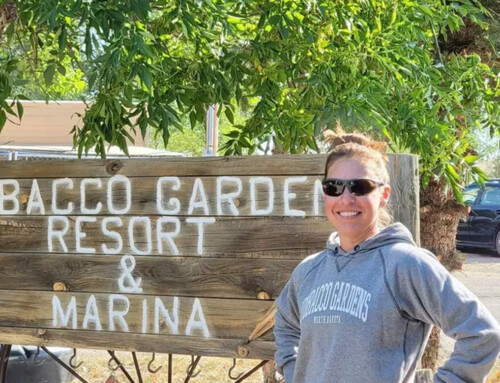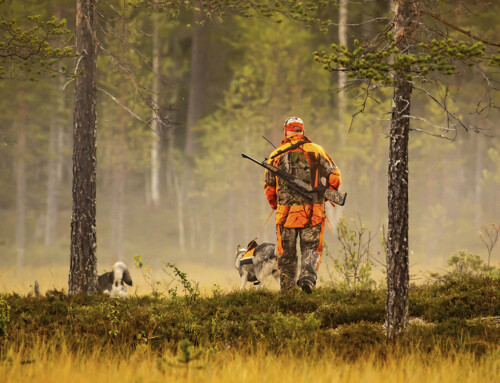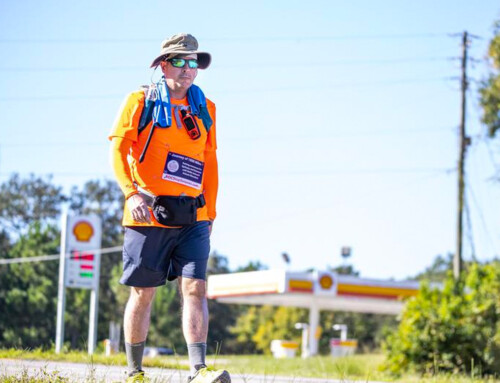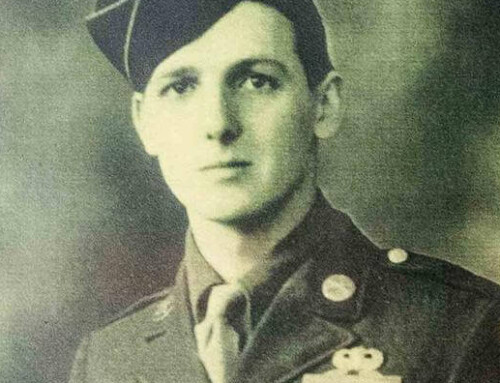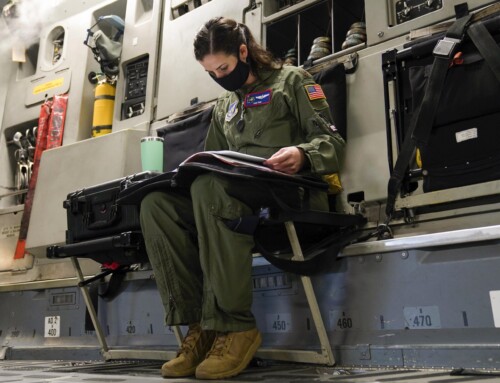More than 20,” he said, delivering the statement as a matter of fact, devoid of emotion. That’s not to say Mohammad Wali Tasleem — a ruggedly handsome, middle-aged Afghan man with long black hair and a square jaw — didn’t mourn the death of his family members. Rather, it’s the by-product of a hard man who was born into violence and, until recently, had continued to live a life intimately intertwined with the same.
In Wali’s case, a much more violent life than even his fellow Afghans.
He continued on, narrating a long list of close family members who fell to the Soviet Army during their failed invasion of Afghanistan in the 1980s, as well as the Taliban afterward.
“Two of my brothers. My sister. My uncle. My cousin. One of my brothers, he lost his leg. One other cousin got shot.”
It’s an appalling amount of death in one family, and certainly a lot for a child to deal with. Or so we would think, here in America.
But life in Afghanistan was, and is, different. A familiarity with death and violence is bred into Afghans at a young age. Indeed, Wali’s friends would find antipersonnel landmines buried by the Soviets near their village and use them to go fishing.
“They didn’t know. They didn’t have information about that,” he said. Many would pay for their childish curiosity with their lives.
Wali’s older family members fought in the Mujahedeen, which resulted in threats to their life from the Soviets. His dad, a former chief of education in Afghanistan, had to hide in a tree all night during the dead of winter to avoid capture on one occasion. At some point it all became too dangerous, so Wali’s family fled to Pakistan.
“We had some good time[s] in Pakistan,” he recalled, “because I was 7 years old and had no responsibility. Just playing with the kids and school.”
Despite the chaos of his youth, Wali knew what he wanted to be when he grew up: “My goal was to be a good Afghan Commando.” His brothers would return from fighting in Afghanistan and tell tales of daring Commandos; after Wali returned to Afghanistan, he saw some of them for himself. He’s not unlike many special operators currently serving in the American military, many of whom grew up wanting to be Green Berets, Army Rangers, or Navy SEALs.


